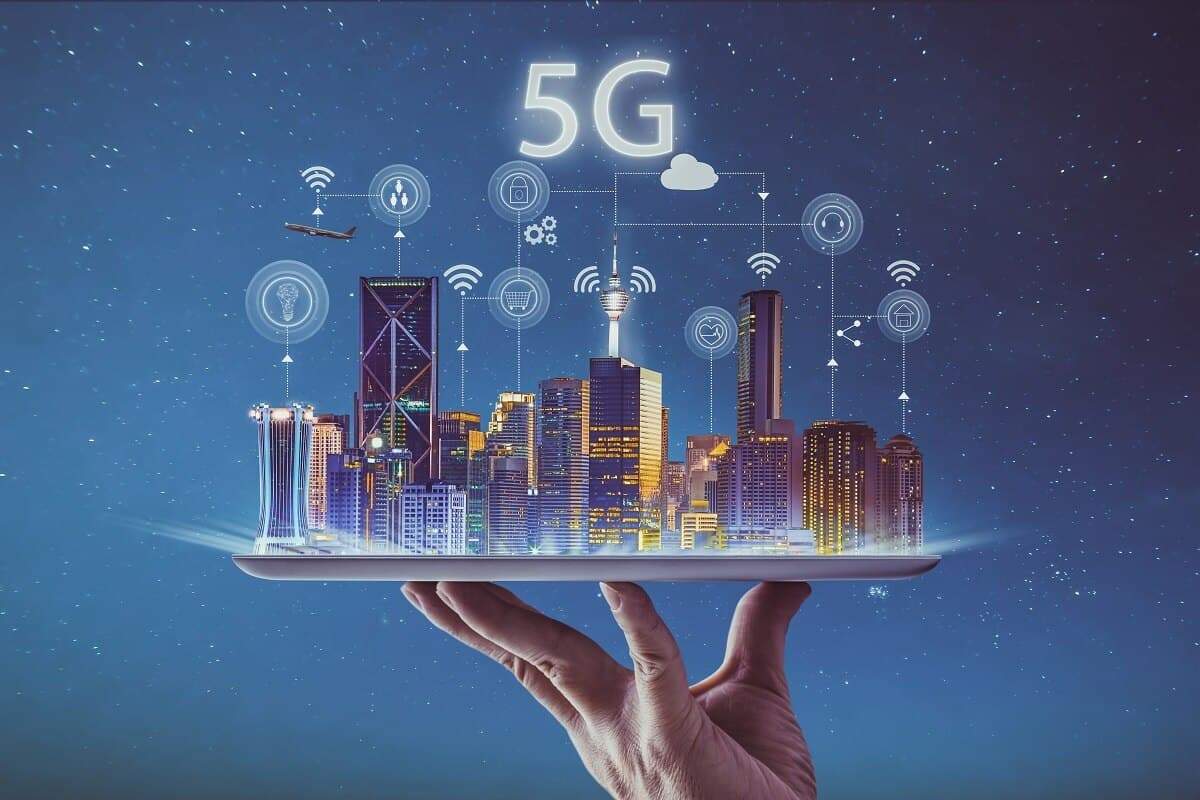Trump administration must produce 5G security strategy under new law
Wednesday, March 25, 2020

President Donald Trump signed a 5G security bill March 23 that requires the executive branch to develop a strategy to secure and protect 5G and future generation networks.
The new law, titled the Secure 5G and Beyond Act, comes as the United States government struggles to convince close allies not to use what it considers risky telecom suppliers, such as Huawei, as they build their 5G networks and workers across the United States work from home due to the new coronavirus. The fifth-generation network is expected to speed up connectivity for connected users.
Under the law, the executive branch has 180 days to develop a “whole-of-government” strategy to address domestic issues faced by 5G and future generations of wireless networks, such as security gaps in the United States. It also must include a description of planned efforts to address national security concerns associated with 5G networks worldwide and how the administration plans to identify and promote “responsible” development and deployment of 5G capability worldwide.
“The need for connectivity is even more critical now that millions of Americans are teleworking and learning from home in response to the coronavirus pandemic,” Reps. Frank Pallone, D-N.J.; Greg Walden, R-Ore.; Mike Doyle, D-Pa.; and Bob Latta, R-Ohio, said in a statement. “We must prepare our networks for the 5G future and ensure federal agencies work together on a comprehensive plan to identify and address security risks in 5G and future wireless technologies."
The strategy the White House now owes to Congress must lay out a plan for working with allies to share risk information related to advanced generation networks. The administration also has to assess potential security threats and vulnerabilities in several pieces of 5G networks, such as infrastructure, software or systems. A recent article in the Army’s Cyber Defense Review said that some 5G vulnerabilities are holdovers from 4G LTE and “have yet to be addressed in current published standards.”
The administration also must assess the global competitiveness and vulnerabilities of U.S. manufacturers of 5G and future generations of wireless technology equipment.
For the last few years, U.S. officials have worked to convince allies not to allow hardware from Chinese companies, such as Huawei, into their 5G networks. U.S. officials allege that the Chinese government has a backdoor into Huawei’s technology and that deploying its technology poses national security risks.
U.S. efforts took a significant blow in January when the British government announced that it would allow Huawei technology in its network, but not in the “core” of the network. That announcement was met with ire by U.S. lawmakers, who initially threatened to limit intelligence sharing if they moved forward with the plan. U.S. officials have continuously warned of the risks of 5G.
Photo: The Trump administration must deliver a report to Congress on its plan to address several 5G challenges. (jamesteohart/Getty Images)











